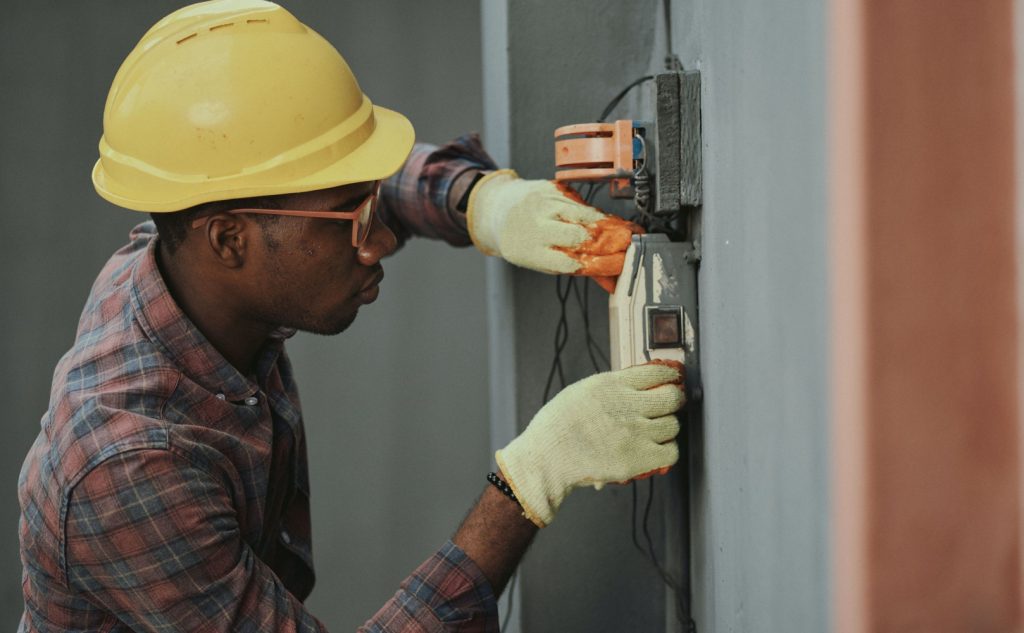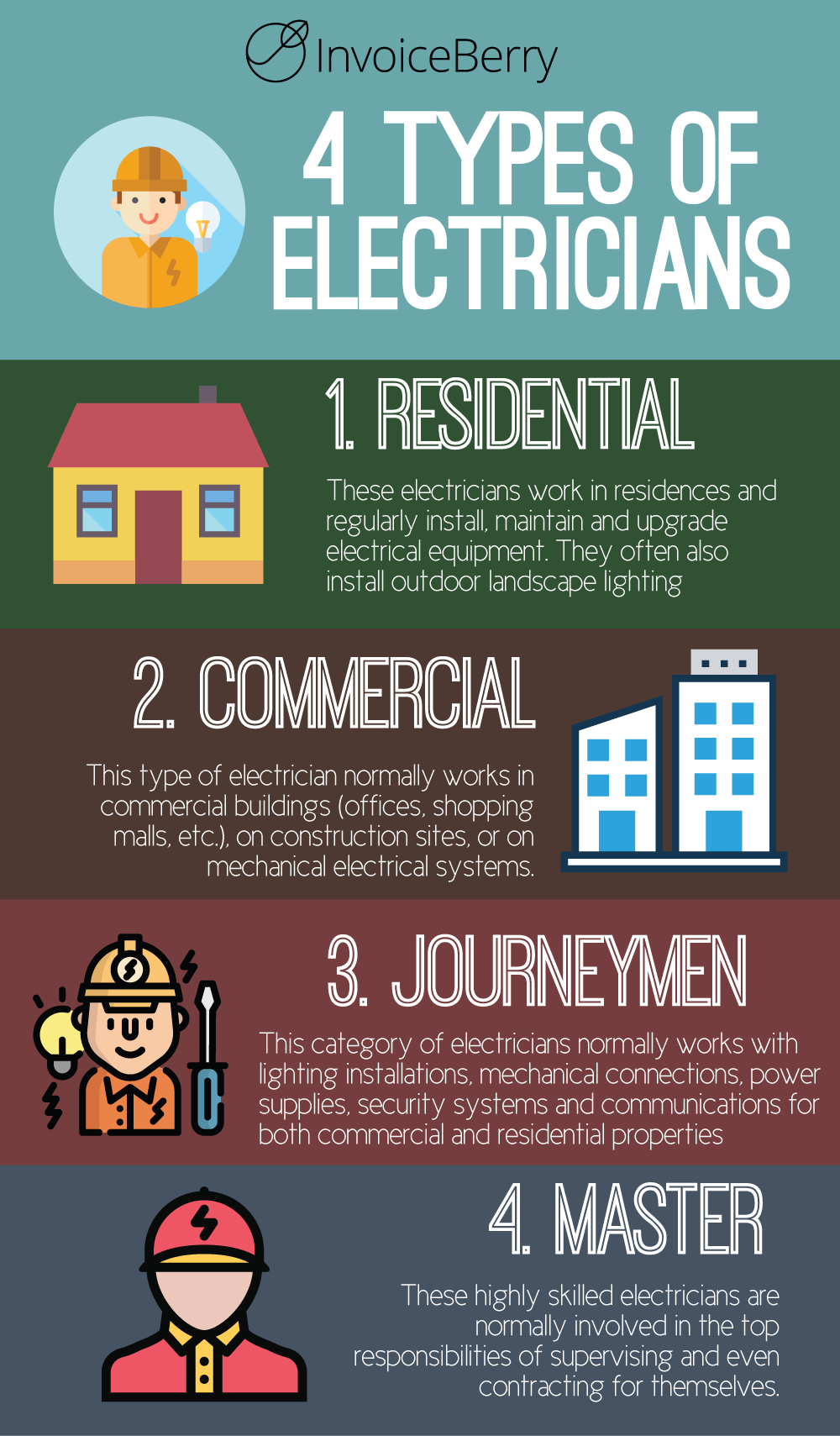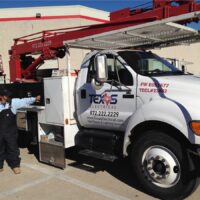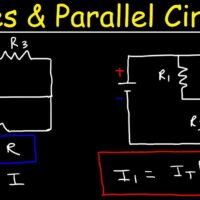Electricians specialize in various fields such as residential, commercial, industrial, and maintenance. Each type has unique skills and responsibilities.
Electricians are essential for maintaining and installing electrical systems. Residential electricians handle home wiring, lighting, and electrical repairs. Commercial electricians focus on larger projects like office buildings and retail spaces. Industrial electricians work in factories and plants, dealing with complex machinery and high-voltage systems.
Maintenance electricians ensure ongoing functionality and safety of electrical systems in various settings. Each type requires specialized training and expertise to handle specific electrical needs. Understanding the different types of electricians can help you choose the right professional for your project. Whether it’s a simple home repair or a large-scale industrial installation, there’s an electrician suited for the job.
Introduction To Electrician Specialties
Electricians have a vital role in our daily lives. They install, repair, and maintain electrical systems. There are many types of electricians. Each type has its own skills and focus. Understanding these specialties helps in choosing the right professional for your needs.
The Role Of Electricians In Modern Society
Electricians ensure that our homes and workplaces are safe. They handle complex wiring systems. Their work keeps the lights on and devices running. Electricians also help in setting up new electrical systems. Their role is crucial for modern living.
Diversity Within The Electrical Trade
There are many specialties within the electrical trade. Here are some common types:
- Residential Electricians – They work in homes. They handle wiring, lighting, and electrical repairs.
- Commercial Electricians – They work in businesses. They install and maintain electrical systems in offices and stores.
- Industrial Electricians – They work in factories. They manage heavy machinery and complex electrical systems.
- Maintenance Electricians – They ensure that existing electrical systems work smoothly.
- Installation Electricians – They install new electrical systems in buildings.
Each type of electrician has unique training and skills. Understanding their specialties can help you find the right expert for your job.

Credit: www.angi.com
Residential Electricians
Residential electricians are essential for maintaining and installing electrical systems in homes. They ensure that households have safe and reliable electricity. Their work covers a wide range of duties and requires specific training and certification.
Typical Duties And Work Environment
Residential electricians perform many tasks. Here are some of their typical duties:
- Installing new electrical systems
- Repairing faulty wiring
- Upgrading electrical panels
- Inspecting electrical components
- Ensuring electrical safety codes
Residential electricians often work in various environments. These may include new construction sites and existing homes. They use tools like screwdrivers, pliers, and wire strippers. Sometimes they work in tight spaces or on ladders. Safety gear, such as gloves and goggles, is crucial for their protection.
Required Training And Certification
Becoming a residential electrician requires specific training. Here are the steps:
- High School Diploma: A basic education is the first step.
- Apprenticeship Program: This provides hands-on experience. It can last four to five years.
- Journeyman License: After the apprenticeship, they must pass a licensing exam.
- Continuing Education: Electricians must stay updated with new codes and technologies.
Residential electricians need certifications to prove their skills. These certifications ensure they know safety standards and electrical codes. They must renew their licenses periodically. This keeps them informed about the latest practices in the industry.
Commercial Electricians
Commercial electricians specialize in electrical systems for businesses. They work in office buildings, retail stores, and other commercial spaces. Their job is crucial for keeping businesses running smoothly and safely.
Key Differences From Residential Work
Commercial electricians deal with different challenges compared to residential electricians. They often work with larger, more complex systems. The power demands in commercial buildings are higher.
Commercial electricians also need to follow stricter codes and regulations. Safety standards are more stringent in commercial settings. This ensures the safety of employees and customers.
Another key difference is the type of wiring used. Commercial buildings often use three-phase power systems. This differs from the single-phase systems in homes.
Skills And Tools Of The Trade
Commercial electricians need a unique skill set. They must understand blueprints and technical drawings. They often work in teams to complete large projects.
Below is a table of important tools they use:
| Tool | Purpose |
|---|---|
| Multimeter | Measures voltage, current, and resistance |
| Conduit Bender | Bends electrical conduits to fit the installation |
| Fish Tape | Pulls wires through conduits |
Other essential skills include:
- Problem-solving abilities
- Attention to detail
- Strong communication skills
Commercial electricians also need to be familiar with local building codes. They must keep up with changes in electrical standards.

Credit: www.neit.edu
Industrial Electricians
Industrial electricians play a critical role in maintaining and installing electrical systems in industrial settings. They work in environments that require specialized knowledge and skills. Their expertise ensures the smooth operation of factories, plants, and other heavy industry facilities.
Working In Heavy Industry
Industrial electricians often work in heavy industry environments. These include factories, manufacturing plants, and power stations. Their tasks involve installing, repairing, and maintaining electrical equipment. They ensure machinery runs efficiently and safely.
Common industries where industrial electricians are needed:
- Automotive manufacturing
- Chemical plants
- Oil and gas refineries
- Steel mills
Working conditions can be challenging. They might deal with high voltage systems, large machinery, and complex circuits. Safety is a top priority due to the potential hazards in these settings.
Advanced Technical Proficiencies
Industrial electricians must have advanced technical proficiencies. They need to understand complex electrical systems. Their training includes various electrical theories and practices.
Key skills and knowledge areas include:
| Skill | Description |
|---|---|
| PLC Programming | Programming logic controllers for automated processes |
| Blueprint Reading | Understanding and interpreting electrical blueprints |
| Electrical Troubleshooting | Diagnosing and fixing electrical issues |
| Preventive Maintenance | Regular maintenance to prevent equipment failures |
These electricians also need strong problem-solving abilities. They must quickly identify and resolve electrical issues to minimize downtime. Continuous learning is essential due to evolving technologies in industrial settings.
Construction Electricians
Construction electricians work on building sites. They install electrical systems in new buildings. Their work ensures that structures have power. They follow strict safety codes.
Electrical Systems Installation
Construction electricians handle the installation of electrical systems. They place wiring, outlets, and circuit breakers. These installations must meet safety standards. Below is a list of tasks they perform:
- Reading blueprints and schematics
- Installing wiring and electrical components
- Connecting electrical systems to power sources
- Testing electrical systems for safety
Collaboration With Construction Teams
Construction electricians work closely with other construction teams. This ensures all systems are integrated smoothly. They coordinate with:
- Architects
- Engineers
- Plumbers
- HVAC specialists
Effective collaboration prevents delays and ensures project success. Below is a table showing their key responsibilities:
| Task | Description |
|---|---|
| Blueprint Reading | Understand electrical layouts and plans |
| System Installation | Install wiring and components |
| Safety Testing | Ensure installations meet safety codes |
| Team Collaboration | Work with other construction specialists |
Maintenance Electricians
Electricians play a vital role in keeping our homes and businesses running smoothly. Among them, Maintenance Electricians ensure that electrical systems are in top-notch condition. They specialize in regular upkeep and quick fixes, ensuring safety and efficiency.
Routine Checks And Emergency Repairs
Maintenance Electricians conduct routine checks on electrical systems. They inspect wiring, outlets, and circuit breakers. These checks help identify potential issues early. Early detection prevents major problems and costly repairs.
They are also skilled in emergency repairs. When an electrical fault occurs, they respond quickly. Their swift action minimizes downtime and restores power. This ensures that homes and businesses experience minimal disruption.
Importance Of Preventive Maintenance
Preventive maintenance is crucial for electrical systems. Regular upkeep extends the lifespan of electrical components. It also enhances the efficiency of the system. Maintenance Electricians play a key role in this process.
They create and follow maintenance schedules. These schedules outline the tasks to be performed and their frequency. Adhering to these schedules ensures that all components are checked and serviced regularly. This proactive approach reduces the risk of unexpected failures.
Below is a simple table showing the benefits of preventive maintenance:
| Benefit | Description |
|---|---|
| Cost Savings | Reduces the need for expensive repairs. |
| Safety | Prevents electrical hazards and ensures safety. |
| Efficiency | Improves the performance of electrical systems. |
| Lifespan | Increases the lifespan of electrical components. |
Maintenance Electricians are essential for the smooth operation of electrical systems. Their expertise in routine checks and preventive maintenance ensures safety and efficiency.
Auto Electricians
Auto electricians work on vehicle electrical systems. They fix and install parts like batteries, lights, and alternators. Their job is crucial for car safety and performance.
Specializing In Vehicle Electrical Systems
Auto electricians are experts in vehicle electronics. They deal with car wiring, starters, and ignition systems. They also handle complex tasks like diagnosing faults using special tools.
Here are some key tasks they perform:
- Battery installation and testing
- Lighting system repair
- Starter motor replacement
- Alternator servicing
The Rise Of Electric Vehicles
The rise of electric vehicles (EVs) has changed the auto industry. Auto electricians now work on EVs, which have different needs.
Key areas they focus on in EVs include:
- Battery management systems
- Electric motor maintenance
- Charging system repair
Auto electricians are vital in the shift to electric cars. They ensure EVs run smoothly and safely.

Credit: www.escctr.net
Marine Electricians
Marine electricians are specialists in handling electrical systems on boats and ships. They ensure all electrical components are safe and functional. Their work is essential for the smooth operation of marine vessels.
Navigating Electrical Work At Sea
Marine electricians face unique tasks. They work on a variety of vessels, from small boats to large ships. Their work includes installing, maintaining, and repairing electrical systems. These systems power navigation, communication, and entertainment devices.
Marine electricians often work in confined spaces. They must follow strict safety protocols. They also need to understand marine regulations and standards.
Unique Challenges Of Marine Environments
Marine environments present unique challenges. Saltwater and humidity can damage electrical systems. Marine electricians must use special materials to prevent corrosion.
They also deal with constant motion. Electrical systems must remain stable even in rough seas. This requires precise installation and regular maintenance.
Weather conditions can be harsh at sea. Marine electricians must work in all types of weather, ensuring safety and functionality at all times.
| Challenge | Solution |
|---|---|
| Corrosion | Use of corrosion-resistant materials |
| Constant Motion | Secure and stable installations |
| Weather Conditions | Adaptable and robust systems |
Marine electricians play a crucial role. They ensure the safety and efficiency of marine vessels. Their expertise keeps our seas navigable and our journeys smooth.
Choosing The Right Electrician For Your Needs
Finding the right electrician can be challenging. The right professional ensures safety and quality. You need to know what to look for. This guide helps you choose the best electrician for your project.
Assessing Project Requirements
First, identify your project’s specific needs. Different projects require different skills. Here are some common types of electrical work:
- Residential Electrical Work: Installing lights, outlets, and home wiring.
- Commercial Electrical Work: Wiring offices, stores, or large buildings.
- Industrial Electrical Work: Working with factories and heavy machinery.
Understanding your project type helps in finding a suitable electrician.
Qualifications And Experience To Look For
Not all electricians are the same. Check their qualifications and experience. Here are key points to consider:
| Qualification | Importance |
|---|---|
| License and Certification | Ensures legal and safe work. |
| Experience | More experience means better skills. |
| Specialization | Special skills for specific tasks. |
Always verify these credentials before hiring an electrician. Ask for references and previous work examples. This helps gauge their reliability and skill level. A qualified electrician can handle complex tasks safely.
Future Trends In Electrical Specialization
The electrical industry is evolving rapidly. With technological advances and new challenges, electricians must adapt. Future trends in electrical specialization offer exciting opportunities. Let’s explore these trends and their impact on the field.
Technological Advances Impacting The Field
Smart homes are changing the way electricians work. These homes use automated systems for lighting, security, and energy management. Electricians need skills to install and maintain these systems.
Renewable energy is another major trend. Solar panels and wind turbines require specialized knowledge. Electricians must understand how to integrate these systems into the grid.
Electric vehicles (EVs) are becoming more popular. Electricians need to install and maintain charging stations. This specialization is growing as more people buy EVs.
Internet of Things (IoT) devices are everywhere. Smart thermostats, refrigerators, and other appliances need skilled electricians. Knowledge of IoT is becoming essential for modern electricians.
Opportunities For Up-and-coming Electricians
There are many opportunities for new electricians. Here are a few areas of growth:
- Data Centers: With the rise of cloud computing, data centers are booming. Electricians who specialize in these centers will find plenty of work.
- Green Energy Projects: Governments and companies are investing in green energy. Electricians with skills in solar and wind energy will be in high demand.
- Smart Grid Technology: The electrical grid is getting smarter. Electricians who understand smart grid technology can find many job opportunities.
- Building Automation: Commercial buildings are adopting automation systems. Electricians with these skills can work in office buildings, hospitals, and more.
New electricians should consider these specializations. They offer stable, high-paying jobs. Plus, they help improve our world.
Frequently Asked Questions
What Type Of Electrician Gets Paid The Most?
Industrial electricians typically get paid the most. They work in manufacturing plants, handling complex machinery and systems.
What Is The Most Common Type Of Electrician?
The most common type of electrician is the residential electrician. They install, maintain, and repair electrical systems in homes.
Which Electrician Certification Is Best?
The best electrician certification is the National Electrical Code (NEC) certification. It’s widely recognized and enhances job prospects.
What Level Is A Qualified Electrician?
A qualified electrician typically holds a Level 3 qualification, such as an NVQ or a City and Guilds certification.
Conclusion
Choosing the right type of electrician is crucial. Each specialization serves different needs. Residential electricians handle home wiring. Commercial electricians work on business properties. Industrial electricians manage factory equipment. Always hire a certified professional for safety and efficiency. Understanding these types helps you make informed decisions.
Stay safe and ensure quality work.




